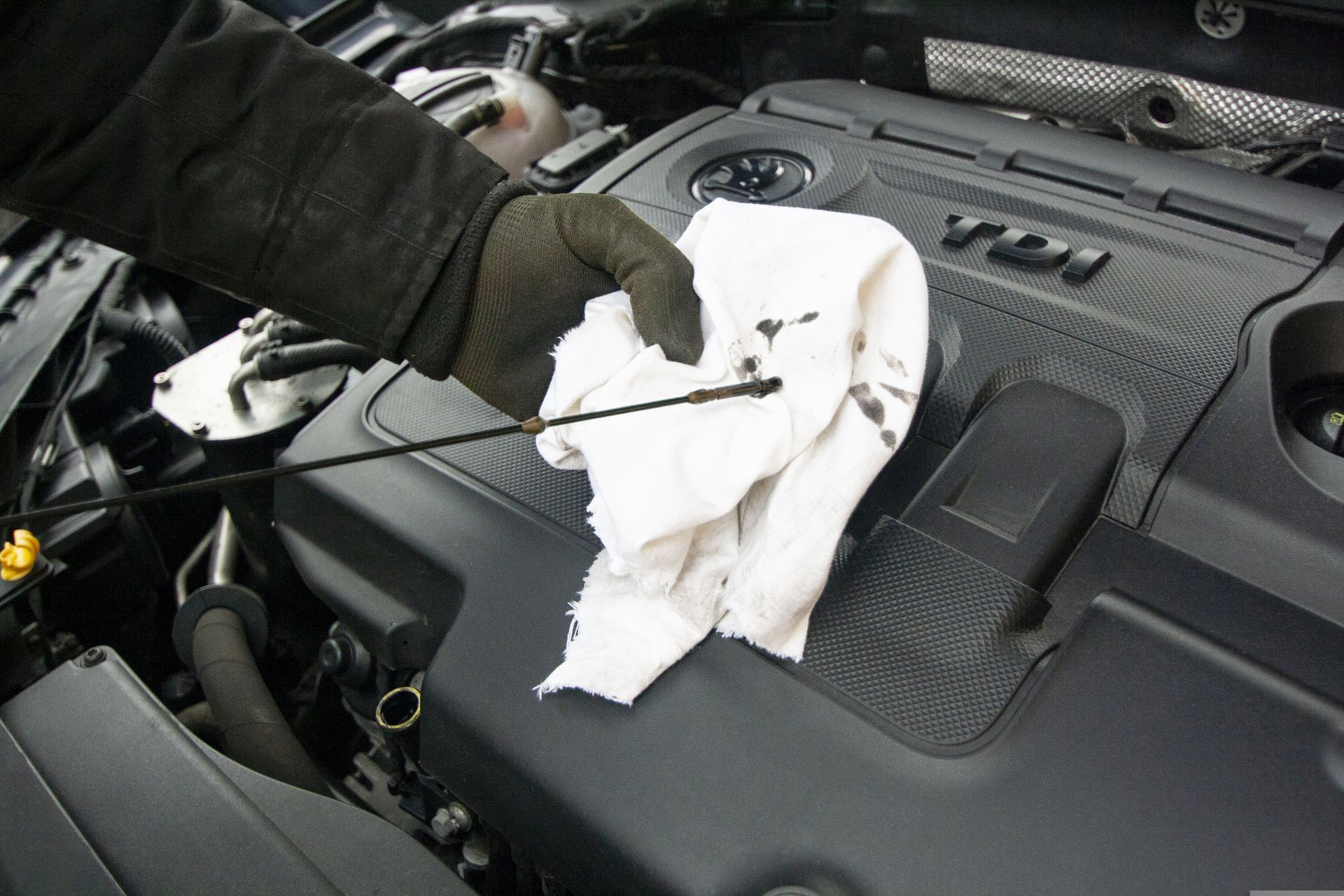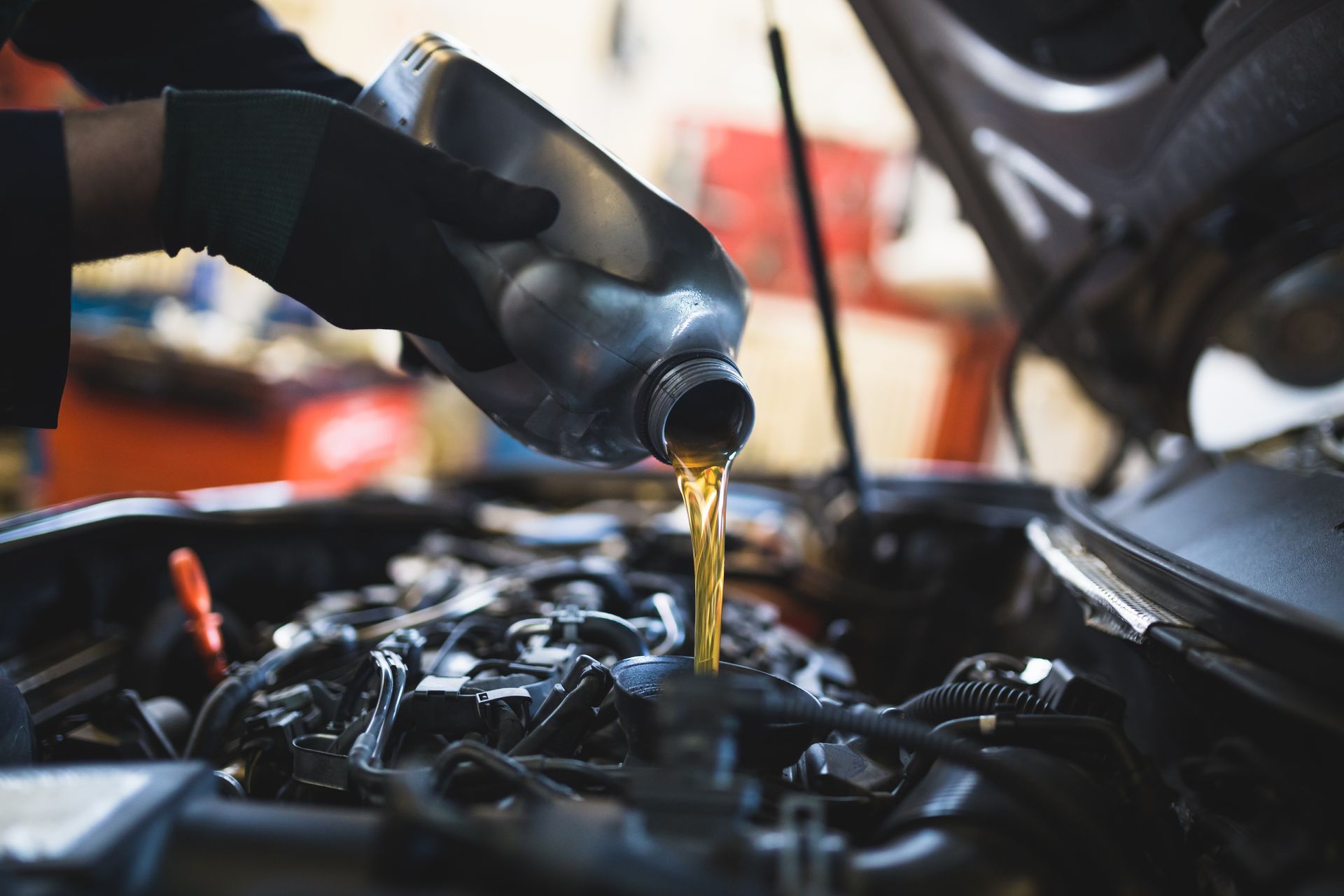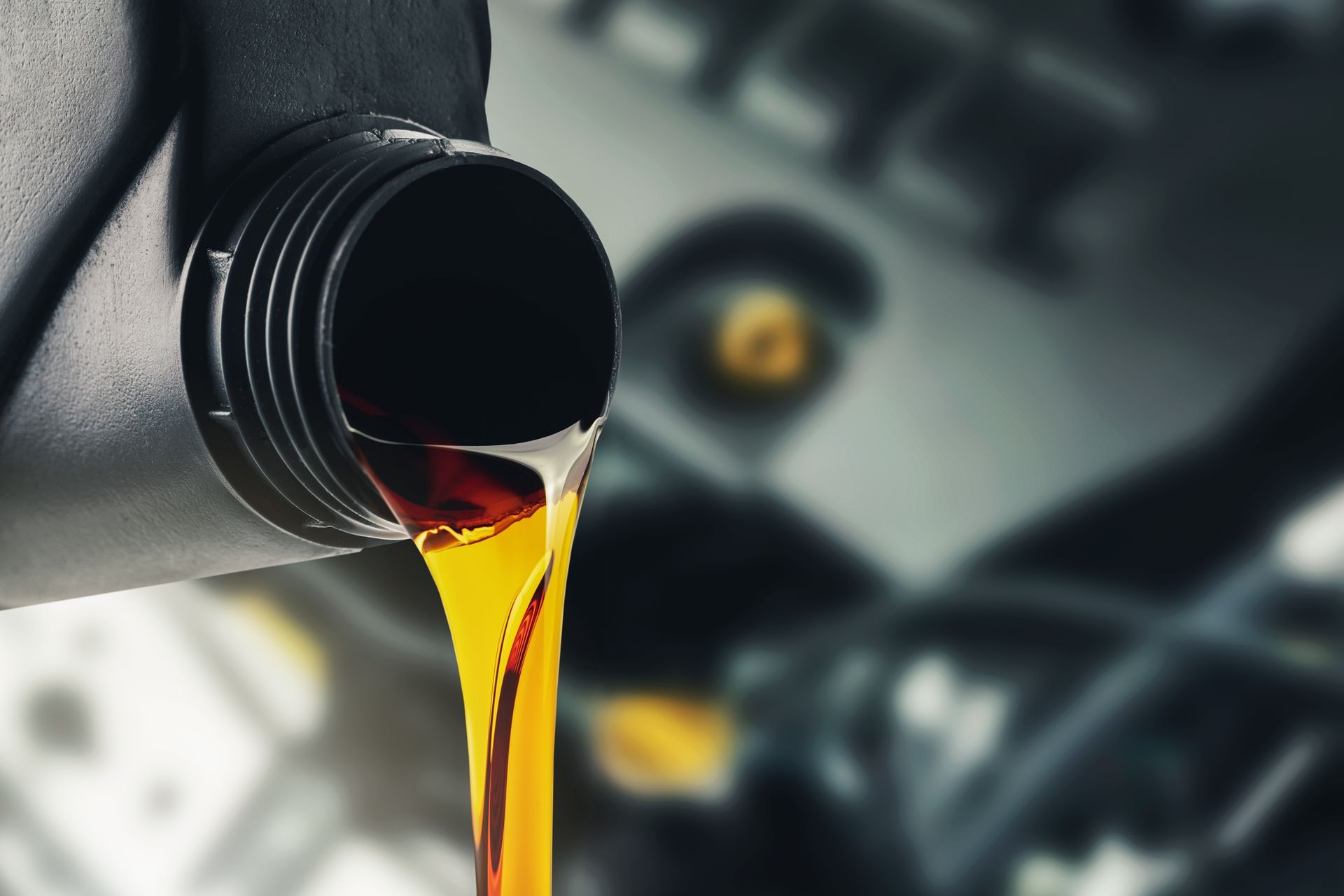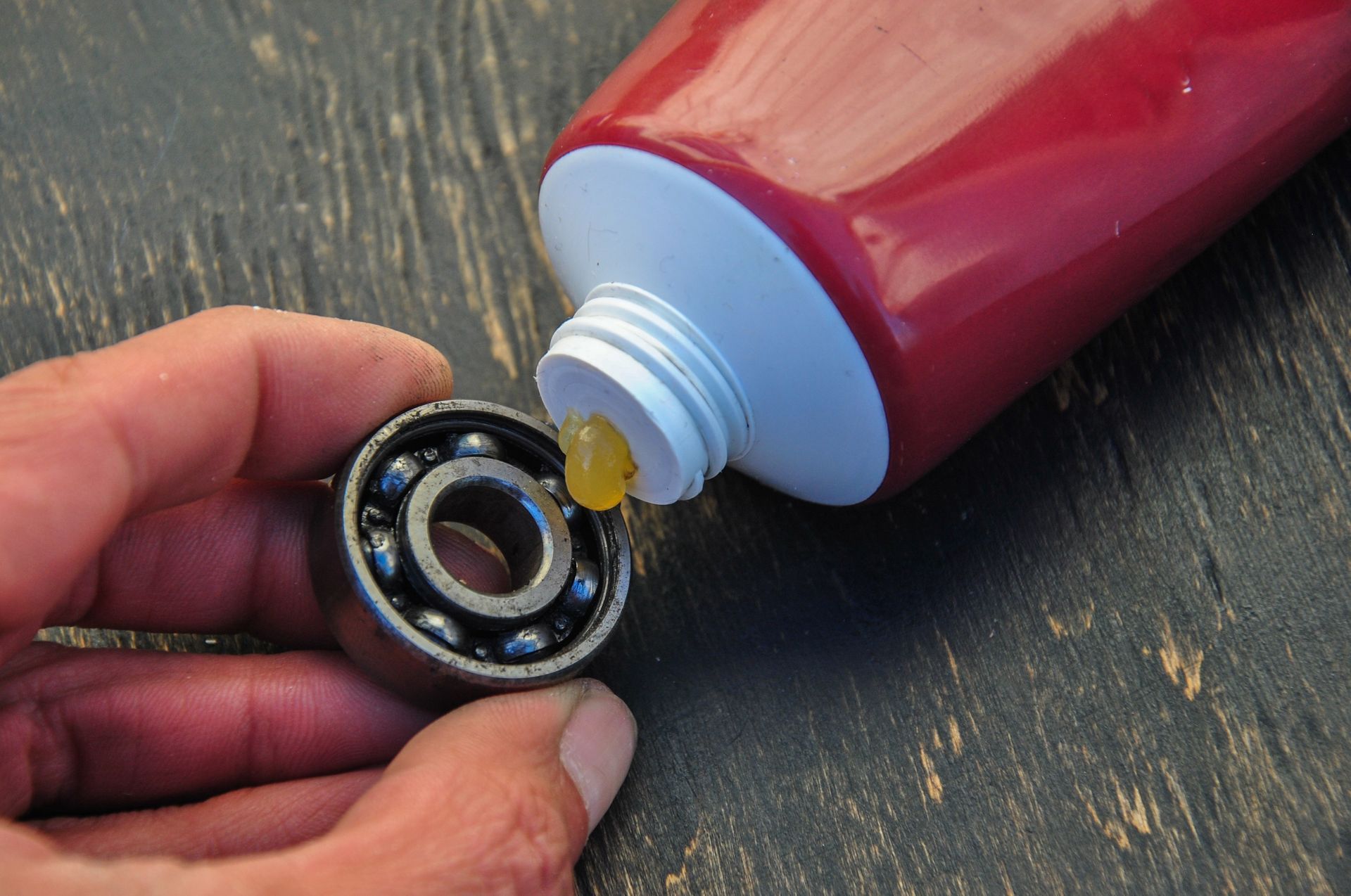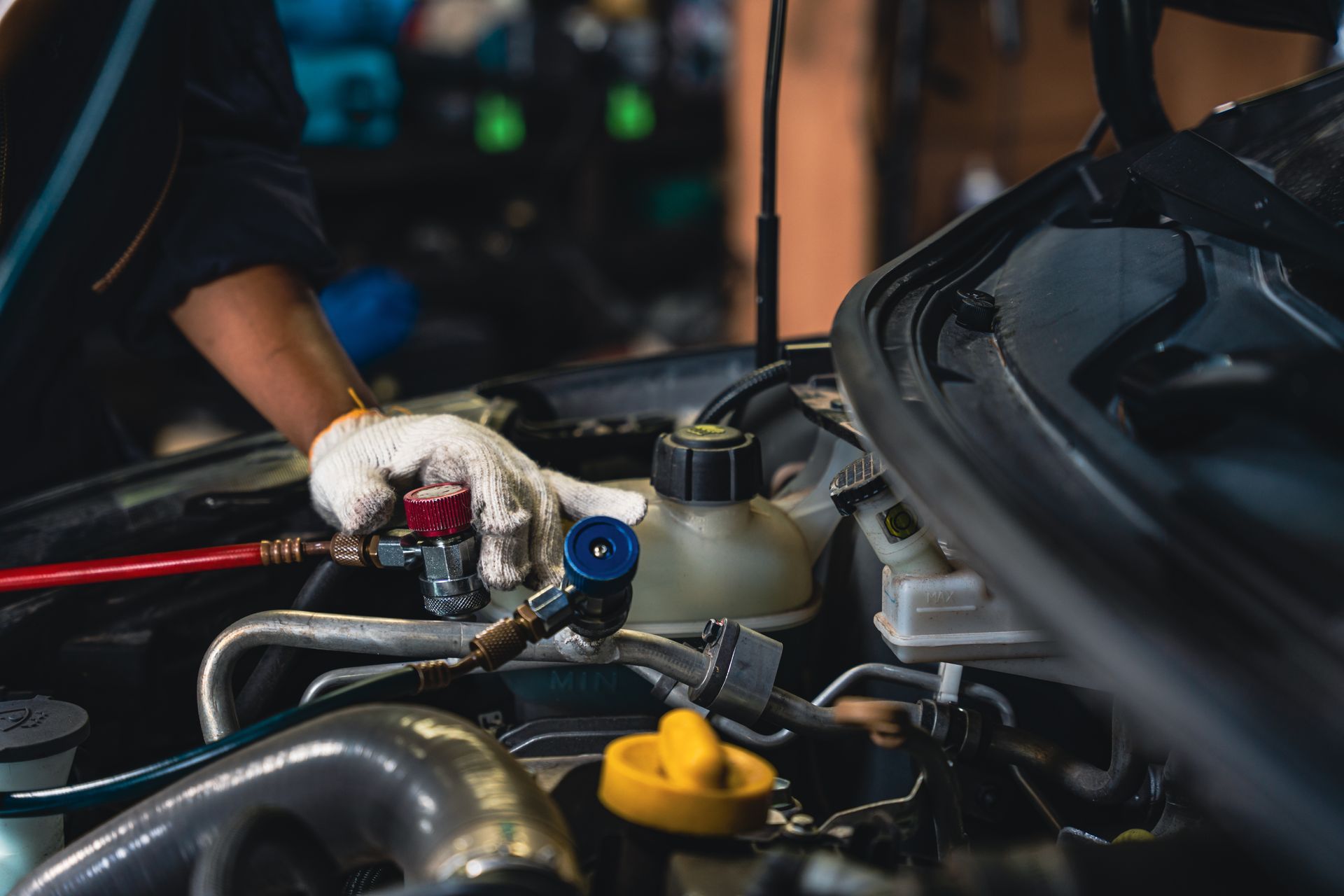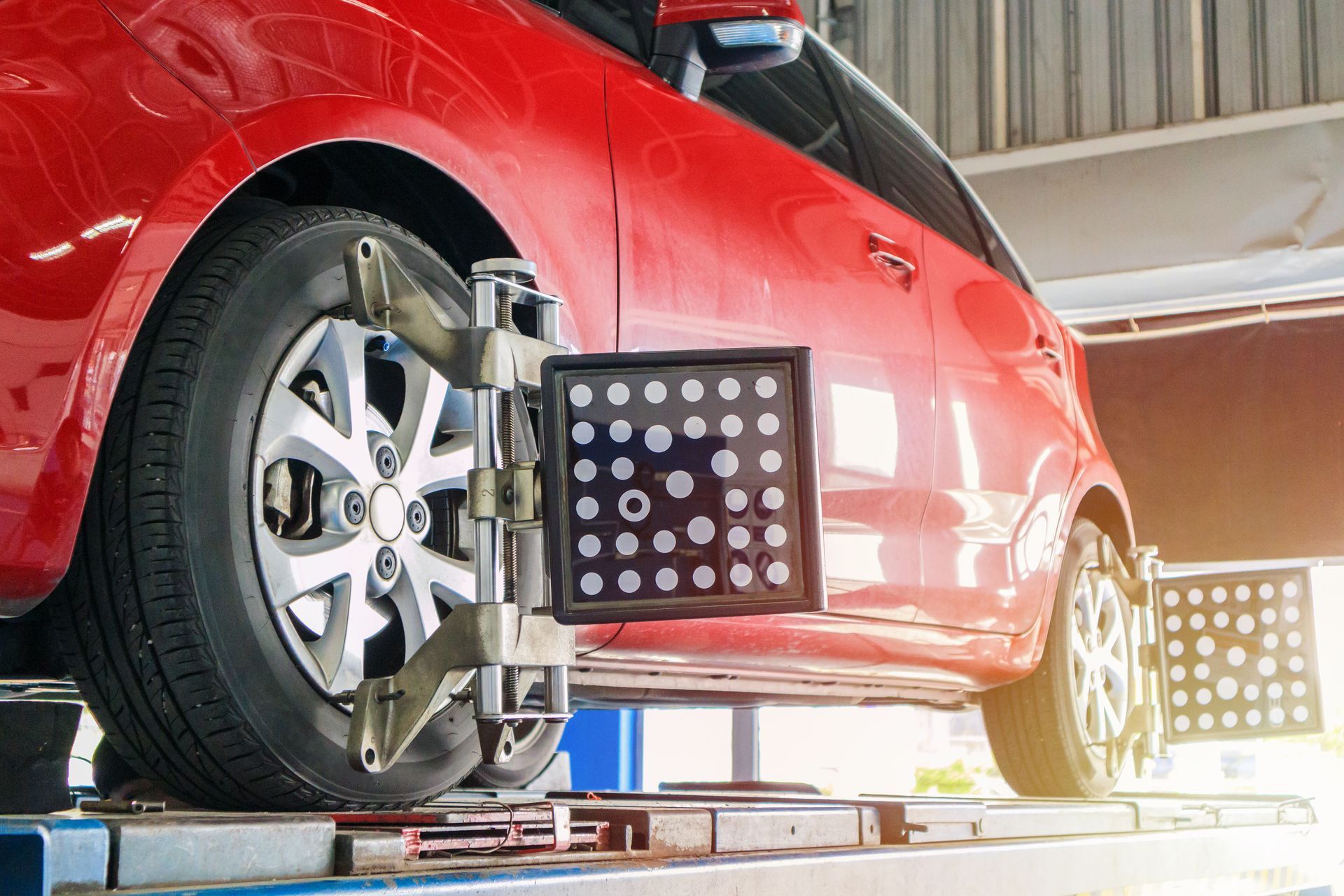Common Vehicle Exhaust Problems: Insights from Auto Centric in Grand Rapids, MI
Your vehicle’s exhaust system plays a crucial role in both performance and environmental impact. It not only helps direct harmful gases away from the engine and passengers but also influences fuel efficiency and emissions. Over time, like any other part of your vehicle, the exhaust system can develop problems. At Auto Centric in Grand Rapids, MI, we understand how vital it is to keep your exhaust system in top condition. In this article, we’ll explore the most common vehicle exhaust problems and offer advice on how to address them.
1. Exhaust Leaks
Exhaust leaks are one of the most common issues drivers face. These leaks typically occur when the exhaust pipes or joints develop cracks or rust, allowing gases to escape before they can be properly expelled from the tailpipe. This not only increases emissions but can also be dangerous if fumes make their way into the passenger compartment.
Signs of an Exhaust Leak:
- Loud Engine Noise: A sudden increase in engine noise is often the first sign of an exhaust leak. You might notice a hissing or tapping sound, especially during acceleration.
- Vibrations: If you feel unusual vibrations coming from the steering wheel, floorboards, or pedals, this could be a result of an exhaust leak.
- Decreased Fuel Efficiency: Exhaust leaks can affect engine performance, causing the engine to work harder and consume more fuel.
At Auto Centric, we recommend bringing your vehicle in for an inspection if you suspect an exhaust leak. Early detection and repair can prevent more severe damage and reduce harmful emissions.
2. Catalytic Converter Issues
The catalytic converter is a critical component of your exhaust system that reduces harmful emissions by converting toxic gases into less harmful substances before they are released into the atmosphere. However, it’s prone to clogging or failure, especially in vehicles that are not regularly maintained.
Common Catalytic Converter Problems:
- Clogging: Over time, the catalytic converter can become clogged with carbon deposits, restricting airflow and reducing performance.
- Overheating: A malfunctioning fuel system can cause unburned fuel to enter the converter, leading to overheating.
- Check Engine Light: A failing catalytic converter often triggers the check engine light, indicating that the vehicle is not running efficiently.
Catalytic converter repairs can be costly, but at Auto Centric in Grand Rapids, MI, we offer thorough inspections to ensure your converter is functioning properly and provide preventive maintenance to avoid costly replacements.
3. Oxygen Sensor Failure
Oxygen sensors monitor the amount of oxygen in the exhaust gases, ensuring that the engine is running at the right air-to-fuel ratio. A failing oxygen sensor can cause the engine to run too rich (too much fuel) or too lean (too little fuel), leading to poor performance and increased emissions.
Symptoms of a Failing Oxygen Sensor:
- Check Engine Light: A faulty oxygen sensor is one of the most common reasons for the check engine light to come on.
- Poor Fuel Economy: A failing sensor can cause the engine to use more fuel than necessary.
- Rough Idle or Stalling: If the air-to-fuel ratio is off, you may notice rough idling or even engine stalling.
At Auto Centric, we can quickly diagnose oxygen sensor issues and replace them to restore optimal engine performance and efficiency.
4. Rust and Corrosion
Living in Grand Rapids, MI, means that your vehicle is exposed to winter road salts, moisture, and temperature fluctuations, all of which can accelerate rust and corrosion on your exhaust system. Rust weakens the metal components, leading to cracks, holes, and potential leaks.
Preventing and Repairing Exhaust Rust:
- Regular Inspections: Routine inspections can catch rust before it causes significant damage.
- Rust Treatment: Applying rust-proofing treatments to the undercarriage and exhaust system can help prevent corrosion.
- Replacement of Rusted Parts: In severe cases, replacing rusted exhaust components is necessary to ensure safety and performance.
At Auto Centric, we offer rust prevention treatments and repairs to keep your exhaust system in great shape despite Michigan’s harsh winters.
5. Broken Hangers or Mounts
Exhaust hangers and mounts secure the exhaust system to the underside of your vehicle. Over time, these rubber or metal supports can wear out, causing the exhaust system to sag or rattle. A sagging exhaust system can lead to further damage if it drags on the road.
Signs of Broken Hangers:
- Rattling Noise: If you hear a rattling or clunking noise, especially when driving over bumps, it could indicate a broken hanger.
- Visible Sagging: If your exhaust pipes appear lower than usual or are dragging on the ground, the hangers may have failed.
Our technicians at Auto Centric can quickly replace broken hangers or mounts to prevent further damage to your exhaust system and ensure it stays securely in place.
6. Faulty Muffler
The muffler is responsible for reducing the noise produced by your exhaust system. Over time, mufflers can develop holes or rust, leading to increased noise, reduced engine performance, and decreased fuel efficiency.
Symptoms of a Failing Muffler:
- Excessive Noise: A loud exhaust noise or a deep rumble can indicate a problem with your muffler.
- Reduced Performance: A failing muffler can cause back pressure, affecting engine efficiency.
- Visible Damage: If you notice holes, rust, or other visible damage to the muffler, it’s time for a replacement.
At Auto Centric, we offer expert muffler repairs and replacements to keep your vehicle running smoothly and quietly.
7. Excessive Smoke from the Tailpipe
Exhaust smoke can be a sign of a more serious issue with your engine or exhaust system. The color of the smoke can help identify the underlying problem.
Common Exhaust Smoke Colors and Their Meanings:
- Black Smoke: Indicates that the engine is burning too much fuel, possibly due to a clogged air filter or faulty fuel injectors.
- Blue Smoke: Suggests that oil is burning in the engine, which could be caused by worn piston rings or valve seals.
- White Smoke: Often a sign of coolant leaking into the engine, which could indicate a blown head gasket or other serious issues.
If you notice excessive or unusual smoke coming from your tailpipe, it’s important to bring your vehicle to Auto Centric for a thorough inspection.
Why Choose Auto Centric in Grand Rapids, MI for Exhaust Repairs?
At Auto Centric, we pride ourselves on providing comprehensive, expert auto repair services to the Grand Rapids community. With years of experience and state-of-the-art diagnostic tools, our team can accurately diagnose and repair any exhaust system issues your vehicle may have.
From exhaust leaks and catalytic converter replacements to oxygen sensor diagnostics and rust prevention, we offer the solutions you need to keep your car performing its best. Plus, our commitment to customer service means that we’ll walk you through every step of the repair process, ensuring transparency and satisfaction.
Schedule Your Exhaust System Inspection Today!
If you’re experiencing any of the issues mentioned above, don’t wait for the problem to worsen. Contact Auto Centric in Grand Rapids, MI, today to schedule your exhaust system inspection and keep your vehicle running safely and efficiently. Call us or book an appointment online now!
